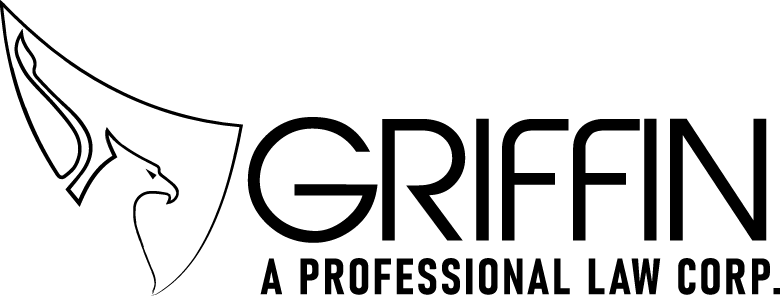As you’ve undoubtedly heard by now, the 2017 Tax Cuts and Jobs Act (TCJA) is the most sweeping change to the U.S. Tax Code in more than 30 years. And while the legislation provides many of the biggest breaks to large corporations, it offers numerous benefits to smaller businesses as well.
Due to the immense scope of the legislation and the fact that 2018 was the first year these cuts went into effect, many tax experts (and even the IRS) are still studying all of the changes the TCJA may ultimately bring about. Given this, you may have overlooked some benefits you could have taken advantage of in 2018—which you won’t want to miss out on in 2019 and beyond.
Though it’s impossible to detail all of the advantages the law might offer you in this post, here are 3 big breaks you should be aware of:
1) New 20% Qualified Business Income deduction
One of the TCJA’s biggest changes was dramatically lowering the tax rate for C corporations. Most large companies like those listed on the stock exchange are C corporations, and they saw their tax rate drop from 35% down to 21%.
If you run a small business, however, you’re probably not structured as a C corporation and won’t qualify. You’re most likely set up as a sole proprietorship, partnership, limited liability company (LLC), or an S corporation.
Recognizing this, Congress wanted to give these businesses a tax break, too. But since such businesses are “pass-through” entities, Congress couldn’t just lower their business tax rate, because the taxes paid by these companies pass through and are paid at the owner’s personal rate.
In the end, what Congress came up with was a straight 20% deduction on “qualified business income” (QBI). This means many small businesses will only be taxed on 80% of their net income, which can be a massive money saver.
That said, the 20% deduction is subject to some limitations, so not all pass-through entities will qualify, especially those with higher incomes. Schedule a meeting with your Family Business Lawyer® and/or a qualified CPA to see if your company can claim the 20% deduction on QBI.
2) New family-leave tax credit
Another new—but quite temporary—benefit for small businesses is the TCJA’s family-leave tax credit. Starting in 2018, if you offer paid family-leave benefits to your employees, you may qualify for a tax credit. This credit is specifically aimed at businesses that aren’t legally required to have a Family Medical Leave Act (FMLA) policy in place.
The tax credit only lasts through 2019, so if you didn’t claim it in 2018, you can still get it this year. There are some requirements to qualify, such as having a written family-leave policy and offering your team at least two weeks paid time off, so consult with us and/or your tax preparer to see if your company qualifies.
3) Increased caps on Section 179 deductions
Starting in 2018, the TCJA increased the cap on the Section 179 deduction from $500,000 to $1 million. Section 179 allows you to write off the entire amount you pay for qualified business equipment in a single year, rather than having to depreciate it over many years.
Most business property—new and used—such as cars, computers, software, machinery, equipment, and office furniture will qualify. TCJA also expanded Section 179 to include building improvements like HVAC, fire protection systems, and security systems. Real estate, however, does not qualify.
To take the deduction for 2019, the item must be purchased and put into use during the 2019 calendar year, and it must be used more than 50% of the time for business purposes. Additionally, the law caps total equipment purchases for the year at $2.5 million, making this incentive specifically aimed at true small businesses.
Take advantage of every possible benefit
Again, these three advantages are only a fraction of what’s potentially available under the new law. Even if you don’t qualify for any of these, it’s almost certain there are other tax savings you can benefit from. Be sure you consult with us as your Family Business Lawyer® to make sure you don’t miss a single one. Schedule a visit with us today.
This article is a service of Matthew Murillo, Family Business Lawyer®. We offer a wide array of business legal services and can help you make the wisest business choices throughout life and in the event of your death. We also offer a LIFT Start-Up Session™ or a LIFT Audit for an ongoing business, which includes a review of all the legal, financial, and tax systems you need for your business. Call us today to schedule; or you can schedule your LIFT Session online here.

